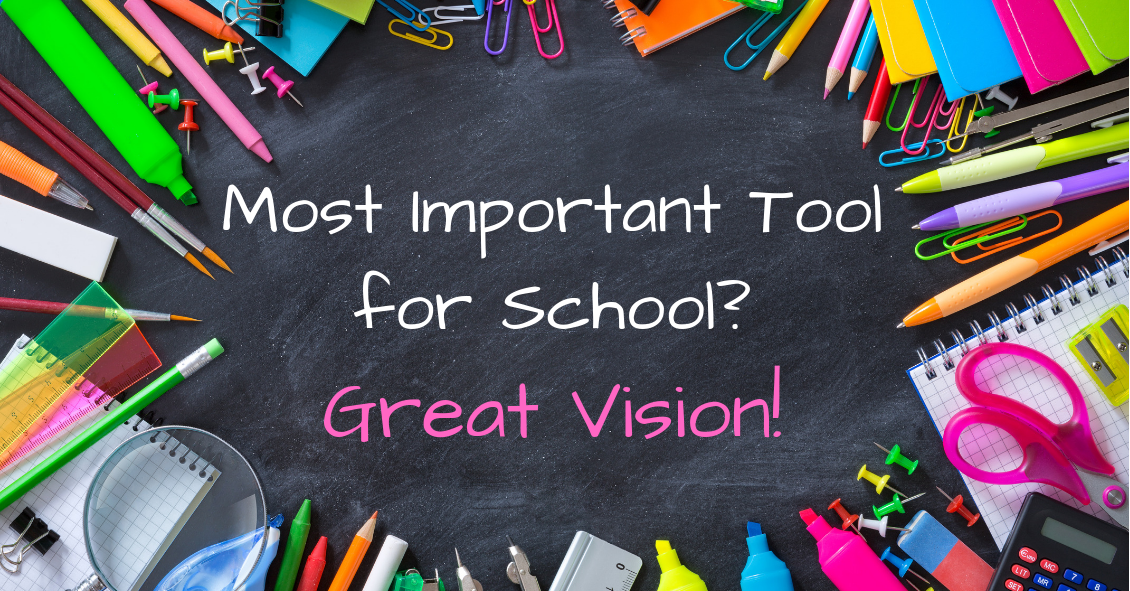Blog

Cataracts are part of the natural aging process. Everyone gets them to one degree or another if they live long enough. Cataracts, as they progress, create increasing difficulty with the normal activities of living. The symptoms vary from one person to another. Some people have more difficulty with their distance vision, some with reading. People may report difficulty with glare, or foggy, blurry, or hazy vision.
Doctors have noticed an increase in requests for second opinions because patients are sometimes told they have cataracts and they HAVE to have surgery--even though the patient has no visual complaints. Just having a cataract is not a reason to have cataract surgery.
According to the American Academy of Ophthalmology, "The decision to recommend cataract surgery should be based on consideration of the following factors: visual acuity, visual impairment, and potential for functional benefits." Therefore, the presence of a cataract is not enough to recommend surgery....

Is making an appointment for a comprehensive eye exam for your children on your back-to-school checklist? It needs to be.
No amount of new clothes, backpacks or supplies will help your child succeed in school if they have an undetected vision problem.
The difference between eye exams and vision screenings
An annual exam done by an eye doctor is more focused than a visual screening done at school. School screenings are simply "pass-fail tests" that are often limited to measuring a child’s sight clarity and visual acuity up to a distance of 20 feet. But this can provide a false sense of security.
There are important differences between a screening and a comprehensive eye exam.
Where a screening tests only for visual acuity, comprehensive exams will test for acuity, chronic diseases, color vision and eye tracking. This means a child may pass a vision screening at school because they are able to see the board, but they may not be able to see the words in the textbook in...


